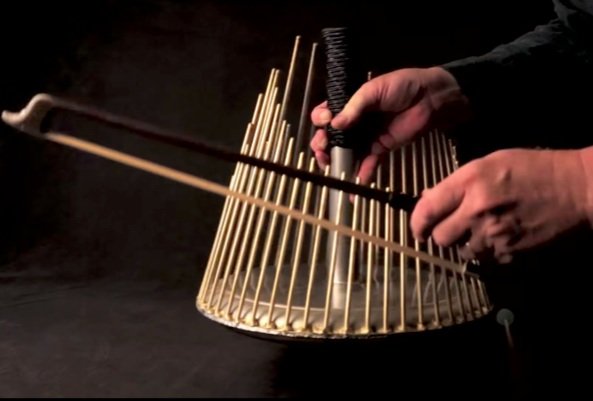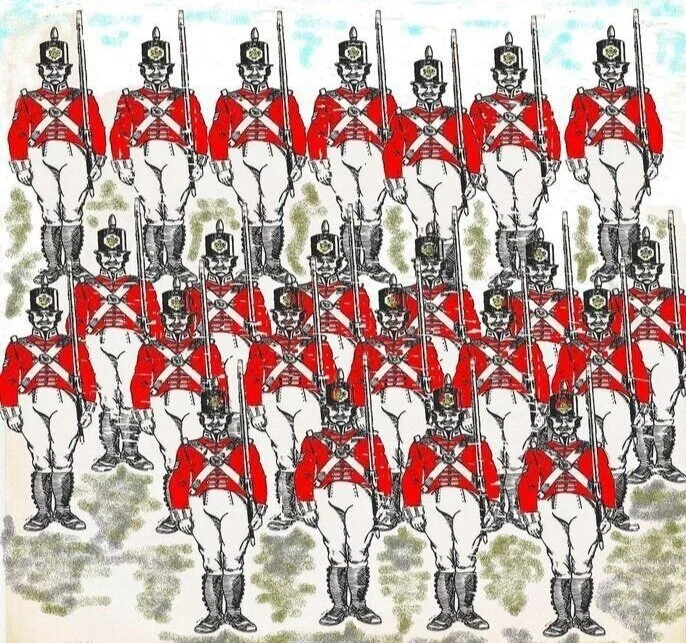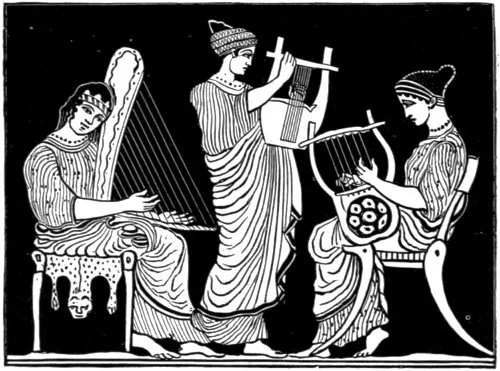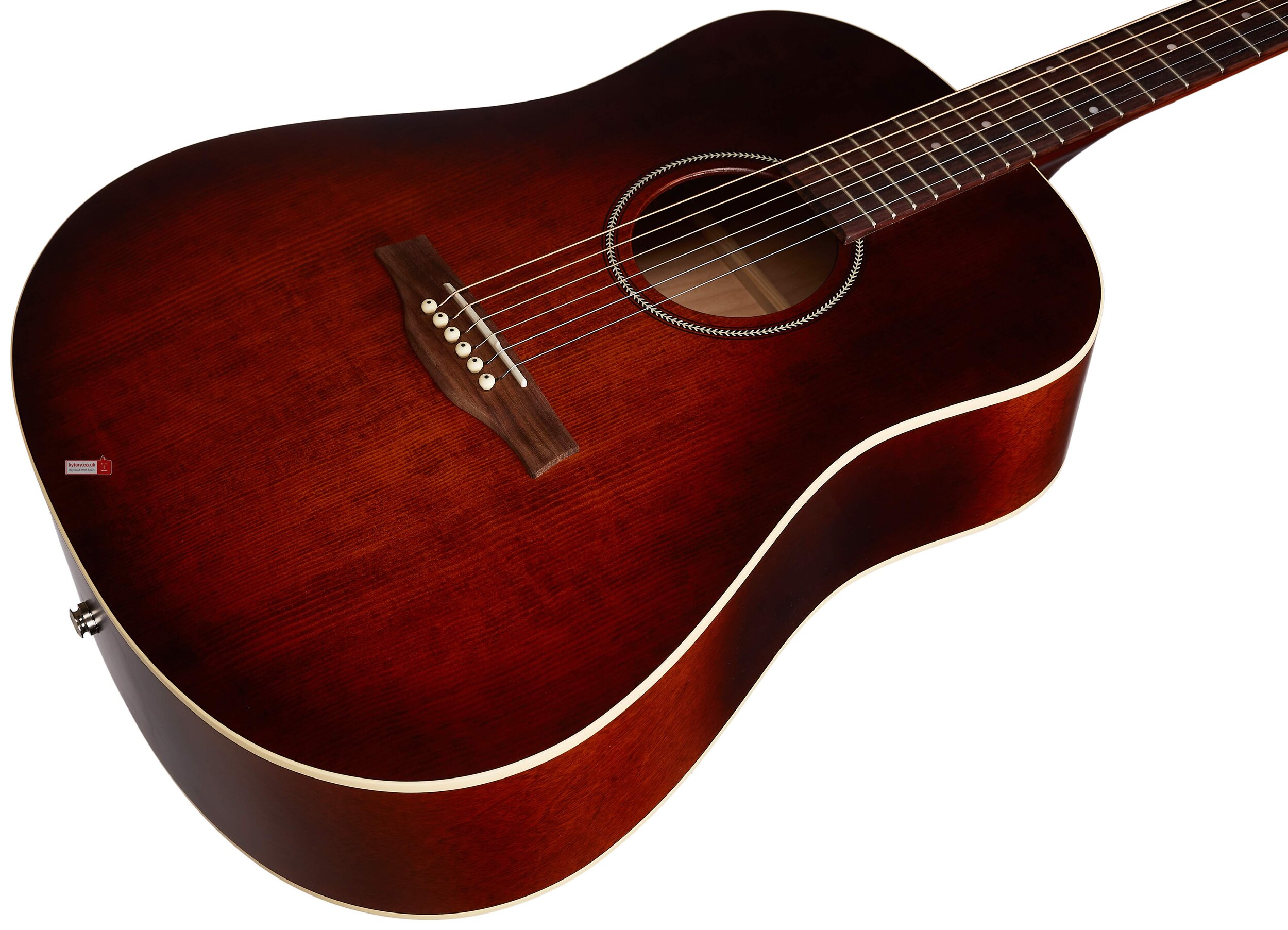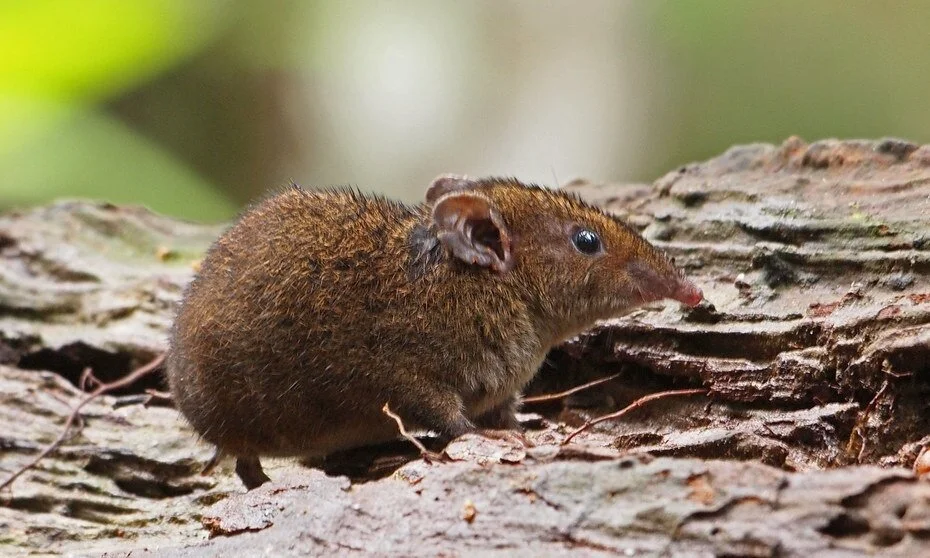Word of the week: Resonant, expressive, and eerily strange, this inharmonic idiophone instrument invented by Richard Waters in 1967 consists of a stainless steel resonator bowl or pan with a cylindrical neck and bronze rods, played by hand, with soft mallets or a bow
Read moreWord of the week: waterphone
Ethereal and otherworldly: the waterphone

